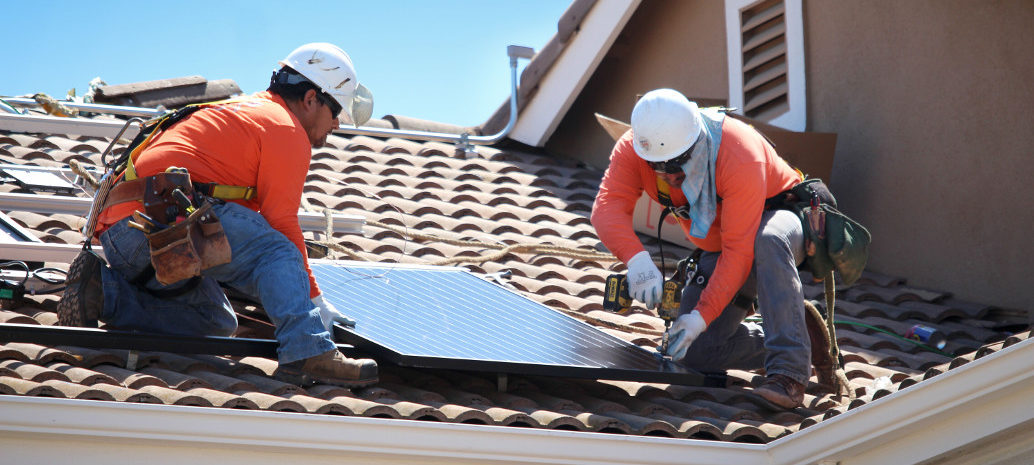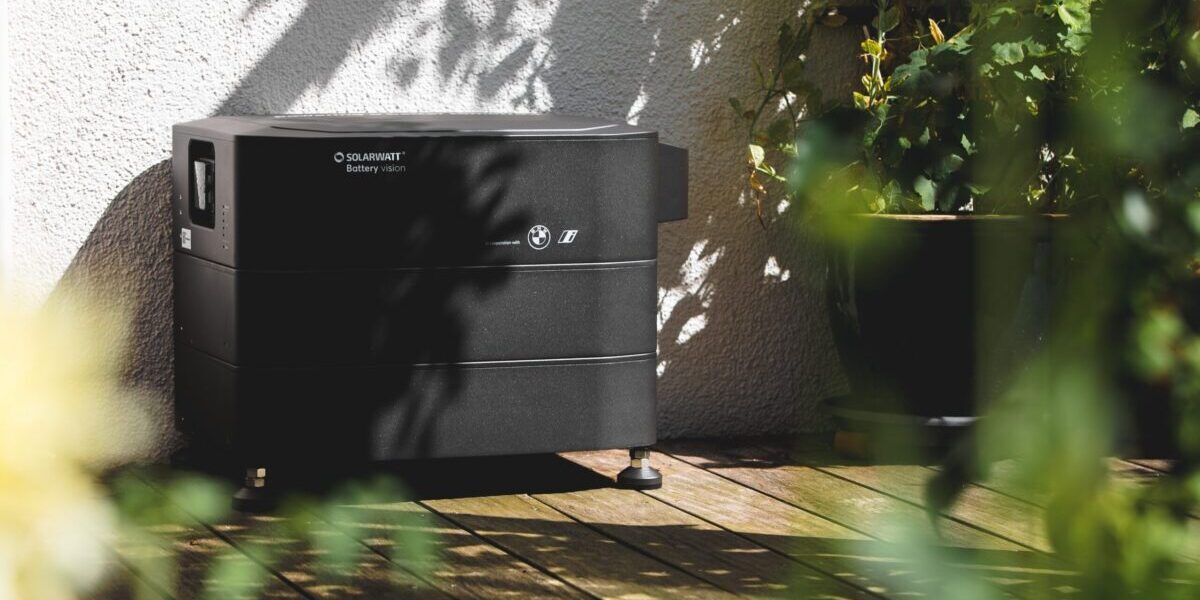In the six months since the implementation of the section 201 tariffs, Americans have seen a $236.5 million tax on installing solar, according to EnergySage’s most recent Solar Marketplace Intel Report, which covers trends in the market from the second half of 2107 to the first half of 2018.
It is worth noting that this data is not definitive of the overall solar industry market. EnergySage uses the data collected from its marketplace, which notably excludes larger companies who choose not to participate like Tesla, Sunrun, Sunpower and Sunnova. The report is, however, a key insight into the market of small-to-mid range installers.
The report outlines that the $236.5 million tax on solar is a reflection of both the section 201 tariffs and the US International Trade Commission’s (USITC’s) finding of injury to U.S. solar manufacturers in September 2017. In the two months following the ruling, EnergySage found in their marketplace a $0.07 spike in the average cost-per-watt of a residential system. And, while there has been a decline total solar costs since that peak point in November, at 0.5% per month, it has been much slower than the anticipated pre-ruling decline by almost two-thirds.

EnergySage found that customers during this half-year period saw installation prices 5.6% higher on average than they would have expected without the tariffs and USITC decision. This works out to a $0.16 per-watt increase for the average customer over this time, which, when applied to the typical 6kW residential system, becomes a $960 tax on new residential solar systems.
“Any trade restrictions imposed on the solar industry hurts American consumers and American workers,” said EnergySage CEO and founder Vikram Aggarwal of the report. “Yet despite these recent hurdles, the residential solar industry remains poised for tremendous growth over the next few years. All-time highs in consumer interest for solar-plus-storage, combined with falling prices and greater transparency, has mitigated the impact these tariffs can have.”
By Tim Sylvia
This content is protected by copyright and may not be reused. If you want to cooperate with us and would like to reuse some of our content, please contact: editors@pv-magazine.com.



By submitting this form you agree to pv magazine using your data for the purposes of publishing your comment.
Your personal data will only be disclosed or otherwise transmitted to third parties for the purposes of spam filtering or if this is necessary for technical maintenance of the website. Any other transfer to third parties will not take place unless this is justified on the basis of applicable data protection regulations or if pv magazine is legally obliged to do so.
You may revoke this consent at any time with effect for the future, in which case your personal data will be deleted immediately. Otherwise, your data will be deleted if pv magazine has processed your request or the purpose of data storage is fulfilled.
Further information on data privacy can be found in our Data Protection Policy.